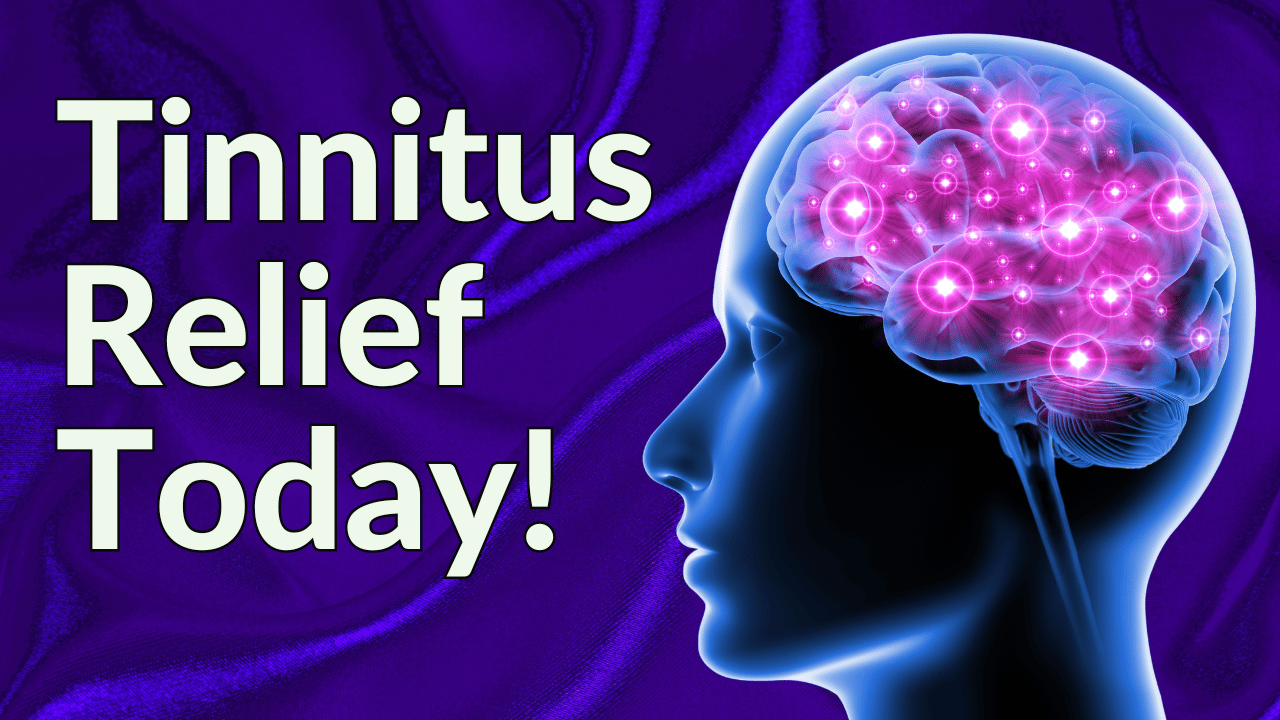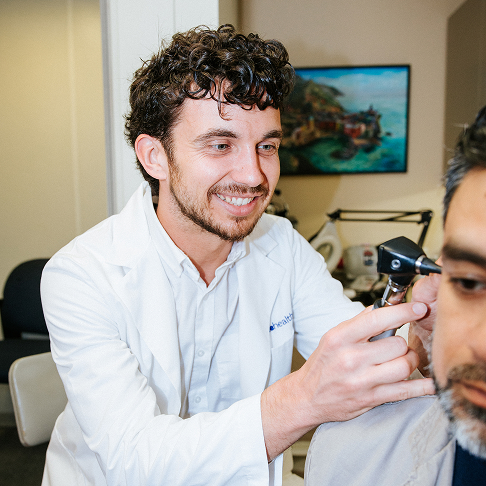Have you ever wondered why a loud concert left a dull ringing in your ears the next morning? Or perhaps you’ve found yourself asking people to repeat themselves after a fireworks show because you couldn’t quite pick up quieter conversations in the hours after the event.
Let’s explore why loud encounters have such an outsized impact on our hearing.
Understanding Our Ears
First, it’s important to break down your auditory anatomy.
Ears are basically made up of three components: the outer ear, the middle ear, and inner ear. These three parts work together to turn sound waves into actual sounds.
The process starts in the outer ear, which includes the pinna and external ear canal. Sound waves then travel through the eardrum (or tympanic membrane) on their way to the middle ear. The middle ear is home to tiny bones called ossicles, as well as the Eustachian tube, connecting the middle ear to the back of the nose. You can also credit the Eustachian tube any time your ear pops, since its main function is to equalize pressure in your ears. Sound waves finally make their way to the inner ear, which moves them to the nervous system so our brains can perceive – or “hear” – noise.
"Treble Health helped me reduce my tinnitus by about 80%, and now I can live my life again!"

"Treble Health helped me reduce my tinnitus by about 80%, and now I can live my life again!"
– Steve D.
Book a free consultation to learn which Treble Health solution is right for you. Join Steve and thousands more who have found lasting tinnitus relief.
The parts of the inner ear that perform this function form the hearing organ, or “Organ of Corti” (named after the Italian scientist who first described it). It’s actually a pretty sophisticated transmission process, and is helped by thousands of little hair cells that capture and translate all the vibrations of sound to the auditory nerve. There are about 12,000 outer hair cells and roughly 5,000 inner cells – outer and inner hair cells both play a role in transferring sound wave energy to the auditory nerve. The Organ of Corti is also filled with fluid which helps move the hair cells and allows them to have access to ions they need to do their job.
This fluid is critical to the process. When fluid vibrates from the energy of sound waves traveling to the inner ear, all these hair cells move. Think of it like underwater plants that ebb and flow with the water’s currents. These hair cells have stereocilia, which are proteins bundled together by tip links, and which help increase movement of the hair cells. When the stereocilia are stimulated by sound waves, they open channels into the hair cells, allowing ions to move down through the hair cell. When this happens in outer hair cells, it causes proteins to shorten and lengthen, resulting in increased vibration of the cell body, and when this happens in inner hair cells, the ionic flow triggers the auditory nerve connected to that cell to fire, thus allowing us to “hear” sound.
In case the whole process seems a little complicated, what’s most important to keep in mind is that all these elements are essential and work best when they operate at a pretty stable pace, without huge fluctuations in noise that can cause subsequent spikes in activity.
What Happens When The Ear Is Exposed To Loud Noises?
Loud noises can be pretty damaging to our ears. When exposed to high volumes, the ear experiences an intense increase in energy from sound waves. This force in the inner ear is exerted on the stereocilia and hair cells, which can essentially traumatize the organ. This shock typically impacts the tip links and stereocilia first, followed by outer hair cells.
To use the prior example of an underwater plant, think about this shock as a tidal wave. If plants on the ocean floor are accustomed to swaying relatively peacefully in tandem with water currents, imagine what a tidal wave might do to disrupt movement. The surge in movement would undoubtedly break and strain the growths.
A similar process occurs in your ears. Exposure to either sustained loud or sudden sounds can cause stereocilia to lose some of their stiffness in structure, leading to poorer ability to regulate the flow of ions into the hair cells, as well as degrade functioning in the hair cells themselves.
Often, the most noticeable and immediate consequence of these auditory traumas is an inability to detect soft sounds. For mild exposure to loud noise, this effect is temporary. Our bodies are remarkably resilient, and tip links can regenerate and stereocilia can regain their stiffness from disruption in a matter of days or months.
Why Do We Get Tinnitus After Noise Exposure?
Loud sounds can also result in tinnitus. According to the discordant dysfunction theory, this is because the auditory nerve receives inputs from the outer and inner hair cells, which are carried to an area of the brainstem called the dorsal cochlear nucleus. While the inner hair cells trigger perception of sound, outer hair cells also provide neural stimulation. When outer hair cells are damaged, even temporarily, the dorsal cochlear nucleus receives a different balance of signals from the outer and inner hair cells. This difference leads to less inhibition in the firing of the nerves in the dorsal cochlear nucleus. As these signals travel up from the brainstem, neural firing occurs more frequently and in bursts of spontaneous activity that is perceived by our brains as the sounds associated with tinnitus.
This can happen even if someone does not have or perceive loss of hearing. And because there are roughly three times as many outer hair cells as inner hair cells, their redundancy allows for the loss of function of as many as 30% of the outer hair cells before a loss of hearing is measurable.
Therefore, outer hair cells can be damaged even in people with normal hearing, as well as lead to tinnitus.
What You Need To Know
Noise exposure absolutely has the potential to cause damage to the cells that help us hear. This damage can lead to tinnitus and even hearing loss, but these results are usually temporary. Repeated or prolonged noise exposure, however, can result in cumulative damage and may have permanent effects.
Our best advice? When possible, seek out ear protection if you know you may be in an environment where loud noises are likely, like sporting or entertainment events. If you’re unsure of best practices or want more information on keeping your ears safe, feel free to reach out to our team of audiologists!
Next Step: Book Free Consultation
- 75% of patients reduced their tinnitus within three months after following our recommendations.
- "I feel like Treble Health literally gave me my life back." - Randy S. (verified customer)
- Join thousands of people who have reduced their tinnitus after scheduling a free consultation.











